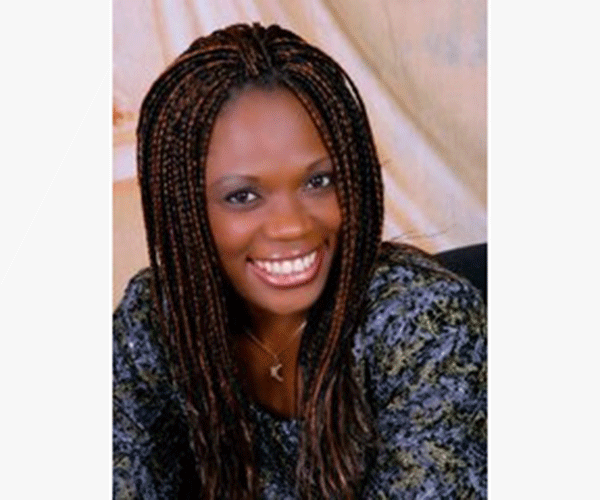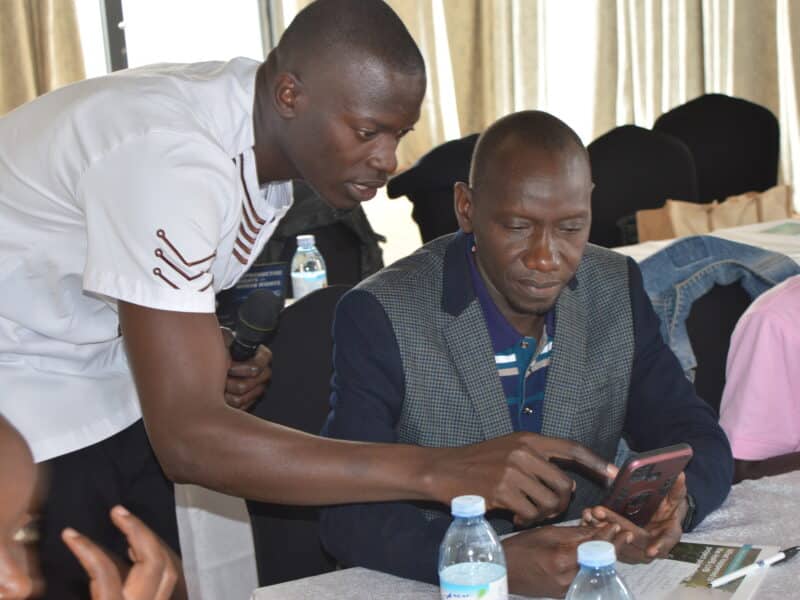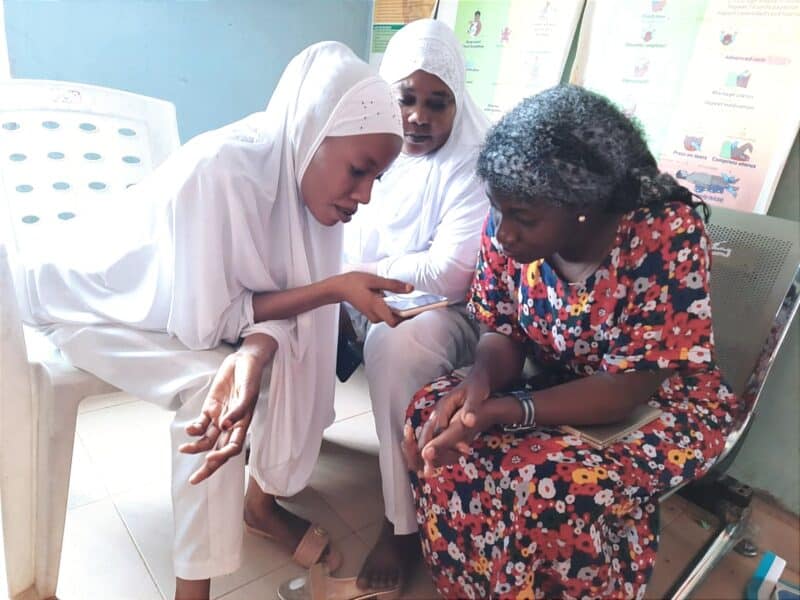This year marks the 25th anniversary of CCP’s Leadership in Strategic Health Communication Workshop (LSHC). For over two decades, CCP has trained health and communication professionals from around the world in strategic communication techniques, imparting leadership skills and empowering the people who will make meaningful changes in their countries.
Under the leadership of Dr. Ben Lozare, Director of Training and Capacity Building, CCP has facilitated over 200 LSHC workshops, instructing over 3000 men and women from 27 countries. These individuals have become leaders at home and in the international sphere, in all sectors.
On International Women’s Day, CCP is delighted to highlight the achievements of three female alumni of this workshop.
Rosemary Ardayfio
Deputy Chief Sub Editor, Daily Graphic, Ghana
“Before participating in the [Leadership in Strategic Health Communication] workshop, I was a normal journalist,” states Rosemary Ardayfio. “My aim each day was to get the good stories that would sell the newspaper.”
The turning point in Ms. Ardayfio’s career came in June 2005, when she attended the workshop in Baltimore.
“On the final evening, Ben Lozare challenged the participants to go back to our countries and make a difference,” Rosemary recollects. “His strong message brought tears to my eyes.”
Having already developed an interest in health and women’s development issues, Ms. Ardayfio was branded the Daily Graphic’s pioneer “health journalist.” But through her experience in the workshop, and inspired by Ben’s enthusiasm, Rosemary realized that just writing stories was not enough. She needed to amplify her commitment as an advocate for women’s health and empowerment.
“Participating in the workshop heightened my resolve to make a change as a Ghanaian woman in my society,” explains Rosemary. “I left the workshop determined to be a ‘voice’ for Ghanaian women who are burdened by many issues because of inequalities, including poor reproductive health, domestic violence and HIV/AIDS.”
Since then, Rosemary has been a vocal advocate for women in Ghana. Her work with training journalists has led to the creation of a network of journalists who champion women’s health issues. Her efforts have made health reporting – especially women’s health – more prominent in the Ghanaian media.
Rosemary has also changed the way Ghanaian leaders approach family planning policy by putting the issue front and center on the national agenda. She secured funding to publish a newsletter about reproductive health that is distributed to parliamentarians, women in leadership positions, traditional leaders and officials in the Ministry of Health. Rosemary’s efforts have delivered results. “We now have four female parliamentarians who are champions of family planning and make it a point to advocate for FP as key to national development anytime they have the opportunity,” she proudly shares.
“Seven years after the workshop, I still remember Ben’s message: To change others, we may have to change ourselves first,” Rosemary reminisces. Women in Ghana are lucky to be the beneficiaries of Rosemary’s personal evolution.
Babafunke Fagbemi
Executive Director, Center for Communication Programs Nigeria (CCPN)
For Babafunke Fagbemi, the Leadership in Strategic Health Communication Workshop was transformative on both a professional and a personal level.
A graduate of the workshop in 1997, Mrs. Fagbemi attests she gained a better understanding of the complexity of communication and an appreciation of the benefits of a well-planned and well-executed communication campaign, rooted in research.
Nonetheless, for Babafunke these lessons are secondary to the important personal changes she underwent.
Mrs. Fagbemi uses strong, evocative language to describe her personal experience, an experience which dates back 15 years: her passion was ignited; the opportunity drove her to new heights; she learned to stand out as a professional of excellence.
“Nothing thrills like empowering others with knowledge and skills that can help them give back to their sphere of influence,” explains Babafunke. “[The Leadership Workshop] gave me the ability to excel and be a role model for up and coming young women in Nigeria.”
Babafunke has most certainly succeeded in this regard. She describes how she returned to Nigeria from the workshop driven by this passion.
Over the years, Babafunke has turned this enthusiasm into action through coaching, on the job skills building and training through a variety of Nigerian health communication programs. In her current role as the Executive Director for the Center for Communication Programs Nigeria (CCPN), she runs the annual Leadership in Strategic Health Communication Workshop in Nigeria which she co-facilitates with Ben Lozare. Now entering its fifth year, over 100 Nigerian professionals have benefited from this training in Nigeria and it has become a cornerstone of CCPN’s capacity building mission.
Naomi A. Kaspar
Project Management Specialist, USAID Tanzania
Naomi Kaspar credits the Leadership in Strategic Health Communication Workshop with changing her perspective towards the importance of strategic communication in the workplace.
When asked the top teachings she took away from the workshop she attended in June 2010, Ms. Kaspar quickly reels them off: the emphasis on core communication theories; the seven C’s of effective communication and the “P Process”; to “Think Big, Start Small, Act Now”; to learn to listen and listen to learn.
Naomi believes these lessons changed her; she “left Baltimore as a completely new person,” with a new appreciation of the impact on behavior that can result from a well-run strategic communication campaign.
Naomi serves as a Project Manager for several nationwide malaria behavior change communication campaigns, campaigns that target the behaviors necessary to improve access to and use of malaria interventions. She approaches her work with poise, confident that she has both the technical skills and creativity to develop strategic communication campaigns that don’t just look pretty on paper but that can be implemented and achieve results.
It was especially transformative for Naomi to participate in the workshop, side-by-side with men from different countries. She explains: “[The workshop] made me think beyond being a woman. It was prepared with no gender boundaries.”
Indeed, Naomi believes that the workshop is critical to leaders at all levels. “I would encourage CCP to find a way of training all African leaders,” she states enthusiastically.





